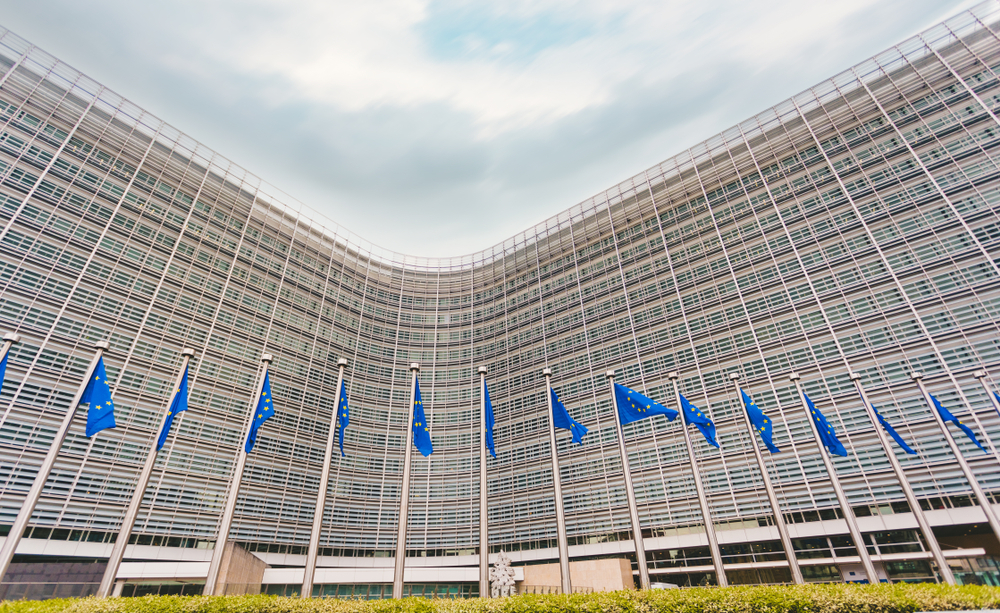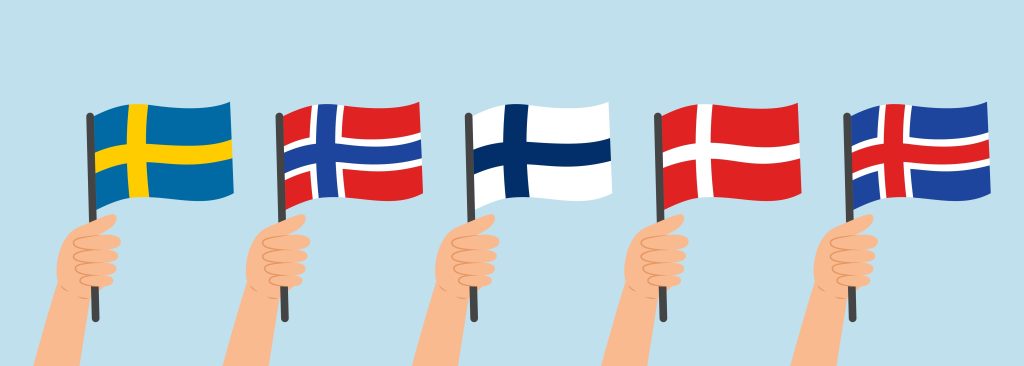EU Commission Plans Radical Crackdown on Nicotine Pouches – Leak Reveals Proposals That Could Reshape Europe
06th Oct 2025

A leak from the EU Commission to Pouch Patrol shows that the Commission is working on a comprehensive regulatory framework that will form the EU’s official position at the WHO Framework Convention on Tobacco Control (FCTC) during COP11 in Switzerland this November. The proposals go further than what the FCTC Secretariat itself recommends – and risk severely undermining public health across Europe.
What the Leak Reveals
According to sources within the EU Commission, a package is being prepared for presentation at COP11. The proposals, which are highly controversial, include:
- Total ban on nicotine pouches – a measure that would eliminate one of the most effective products for helping people quit smoking.
- Flavor ban on all tobacco and nicotine products – if the product isn’t appealing to smokers, there’s no reason for them to switch from cigarettes.
- Reversal of burden of proof and legal sanctions – manufacturers and retailers would bear responsibility if someone claims harm from the product, including the possibility of class actions and criminal penalties.
- Environmental measures with far-reaching consequences – bans on filters (including biodegradable ones) and single-use plastics, which could mean prohibiting nicotine pouch plastic cans and even the plastic in the pouch adhesive.
- Ban on comparative claims – no ingredient or emissions comparisons between products, limiting consumer information.
A European Problem – and a Global Paradox
This is not just a technical proposal. It is a direct attack on public health. Europe, together with the USA and New Zealand, has made the greatest progress in reducing smoking thanks to risk-reducing products like snus and nicotine pouches. Many countries, including the Czech Republic, Italy, and Sweden, clearly see the benefits of these alternatives. Yet the EU Commission is now moving behind their backs.
Europe has made significant strides in cutting smoking rates, largely thanks to these products. Banning them is not only a blow to consumer freedom – it is a blow to public health. A flavor ban and a total ban on nicotine pouches risk increasing cigarette consumption and, consequently, tobacco-related deaths.
The Commission itself admits that more independent studies are needed before making drastic decisions. Yet it is pushing forward with a package that lacks scientific foundation and ignores the success stories of countries that have embraced harm reduction.
What Happens Next?
The proposal is expected to be presented at COP11 in Switzerland this November. There, the EU’s position will be negotiated by the health ministers of its member states. If member states do not act decisively, Europe risks losing one of its most effective tools against smoking. This is not just a tobacco issue – it is a matter of public health, science, and political transparency.






